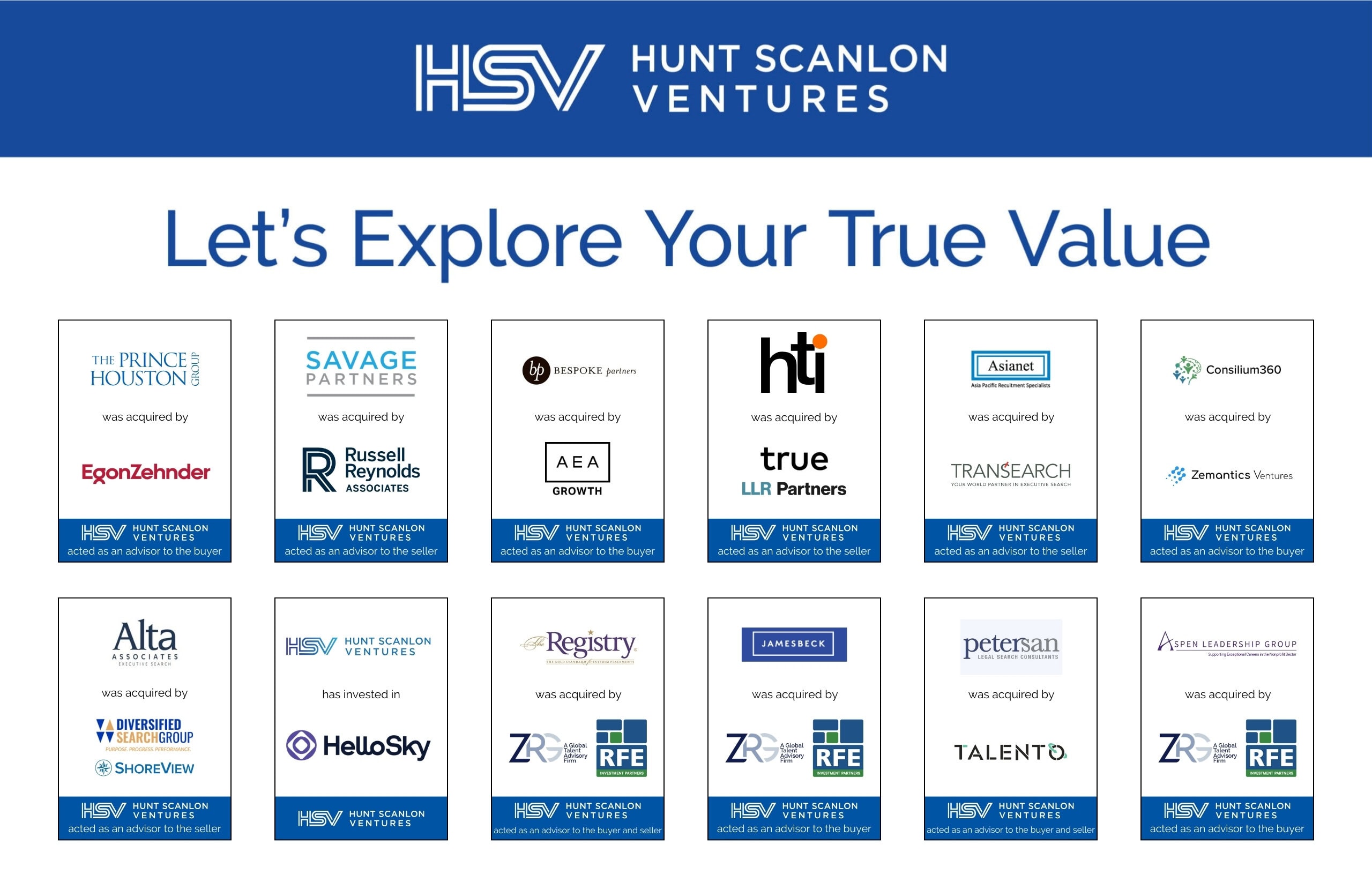Private equity’s edge over public markets has narrowed, and in today’s environment top firms are winning by executing fewer things better – and aligning strategy, technology, and leadership from day one. Evan Berta, an associate at Hunt Scanlon Ventures, examines new research from AlixPartners revealing the practices that matter most, and how they are reshaping the human capital playbook in PE-backed companies.
A new AlixPartners study, Leading Practices in Private Equity – How a PE Firm Can Stand Out from the Crowd, surveyed experienced PE executives on 57 practices spanning the fund lifecycle, from design to exit. While the practices themselves are familiar, the leaders in the field are distinguished by how deliberately and consistently they execute them.
In their report, AlixPartners unpacks the highest-impact approaches and explores their implications for leadership strategy and executive search.
The report makes one thing clear: leading firms don’t wait for LPs to tell them what they want, they predict it.
Fundraising Is Not Just a Capital-Raising Exercise
Seventy-eight percent of respondents cited anticipating client needs three to five years out as a defining capability. Another 78% pointed to creating funds tailored to specific LP objectives as critical, while 76% emphasized designing funds with a clear value creation thesis.
On the fundraising side, alignment between deal and IR teams (78%), training fundraisers as consultative sellers (74%), and using data science to find untapped LPs (66%) were the most impactful. These firms treat fundraising as a strategic extension of the fund design process, not just a capital-raising exercise.
Talent Implication
“When a fund’s strategy and its capital-raising process are in sync, it sends a strong cultural signal about how the firm operates.” said Evan Berta, an associate at Hunt Scanlon Ventures.
“For search partners, this integration means leadership requirements are clearer earlier, making it possible to build executive pipelines that align directly with the fund’s thesis.”
“For search partners, this integration means leadership requirements are clearer earlier, making it possible to build executive pipelines that align directly with the fund’s thesis,” he noted. “It also means portfolio leaders must be comfortable working in a culture where strategic clarity and stakeholder alignment are non-negotiable from the outset.”
Leadership in Focus
AlixPartners’ data shows the most effective firms are moving away from generalist sourcing models. Instead, they are relying on industry specialists who build long-term relationships with targets (83%) and sharing information across deal teams to remove silos (80%).
AI is also becoming an essential force multiplier, with 73% using it to mine private company data and 70% using it to screen more candidates.
Diligence is also evolving. Integrated teams combining deal, operations, finance, IT, and commercial skill sets (79%) are becoming the norm. Psychographic testing and analytics on target leadership teams (75%) and the use of predictive analytics to create conviction earlier in the deal cycle (69%) are helping firms make better, faster decisions.
Talent Implication
“When you assess leadership quality before a deal is signed, you’re not just checking a box; you’re reducing risk and accelerating the post-close ramp-up,” said Mr. Berta.
“When you assess leadership quality before a deal is signed, you’re not just checking a box; you’re reducing risk and accelerating the post-close ramp-up.”
This early insight allows sponsors to act on leadership changes immediately, rather than spending months correcting mismatches.
“Search partners who can integrate these assessments into diligence give PE firms a competitive edge, ensuring portfolio leaders are equipped to deliver the value creation plan from day one,” he added.
Driving the Portfolio Company’s Management Team
If diligence is about setting the table, onboarding is about serving the meal, quickly and with precision.
High-performing firms prioritize integrating operational and financial data for reporting (77%), transforming the finance function to improve processes (77%), and using playbooks for rapid adoption of best practices (69%). Many also deploy advanced talent assessments during onboarding (69%) to evaluate leadership below the C-suite.
“Leaders brought in during this window must adapt quickly, navigate a high-engagement ownership style, and respond to frequent strategic recalibrations.”
The value creation phase is where active ownership pays off. The single most impactful practice across all 57 surveyed was a hands-on GP approach to driving the portfolio company’s management team (86%). Other high-impact tactics include proactive value plan adjustments (83%) and aligning incentives with market expectations (75%).
Talent Implication
“The pace you set in onboarding often becomes the pace for the entire holding period,” said Mr. Berta.
“Leaders brought in during this window must adapt quickly, navigate a high-engagement ownership style, and respond to frequent strategic recalibrations,” he said.
“Search firms should look for executives who not only accept but welcome active partnership from the GP, those who see it as a source of strategic advantage rather than interference,” he noted.
Using AI to Predict Stress Points
The best firms don’t just track performance, they anticipate it. Practices like using AI and analytics to predict stress points (80%), regularly revisiting deal theses (76%), and applying trend lines to identify value opportunities (75%) keep management teams and sponsors ahead of the curve.
“When leaders operate with the exit lens from the very beginning, every decision they make compounds value for the eventual sale.”
Exit readiness is woven throughout the holding period. Conducting pre-exit diligence from a buyer’s perspective (83%), maintaining rolling exit plans from year one (82%), and aligning deal and operational team incentives to maximize valuation (73%) ensure that when an exit opportunity emerges, the company is ready to capitalize.
Talent Implication
In many ways, the ability to monitor and exit well is a litmus test for leadership quality. Executives who can run the business with operational rigor while also positioning it for a premium sale are rare, and highly valuable.
“When leaders operate with the exit lens from the very beginning, every decision they make compounds value for the eventual sale,” said Mr. Berta.
“Search partners must be adept at identifying and placing these dual-focused leaders, as their impact can define the fund’s overall return,” he added.
Article By

Evan Berta
Evan Berta is Editor-in-Chief of ExitUp, the investment blog from Hunt Scanlon Ventures designed for professionals across the human capital M&A sector. Evan serves as an Associate for Hunt Scanlon Ventures, specializing in data analysis, market mapping, and target list preparation.






